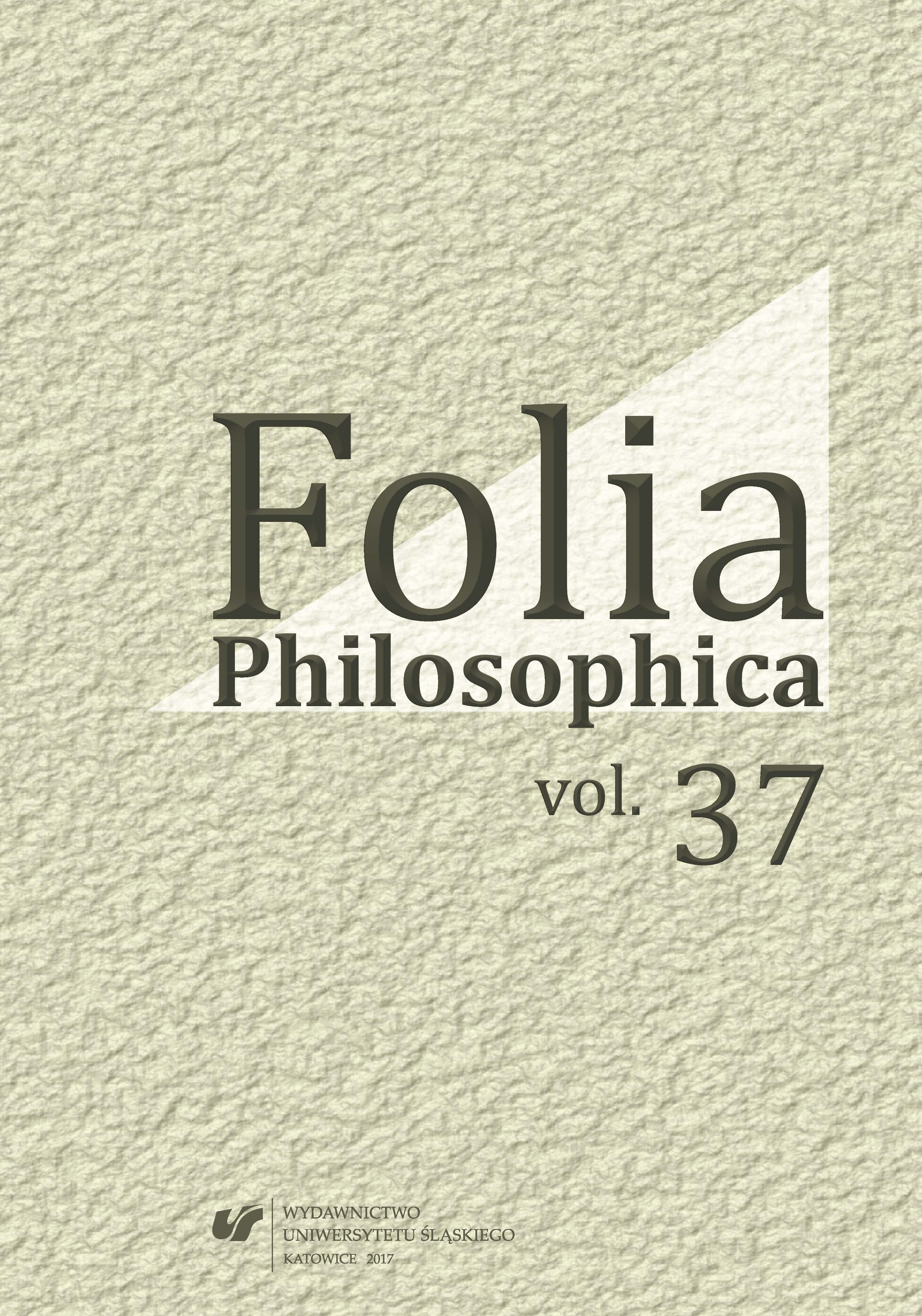Patočka, Nietzsche, and the issue of man
Patočka, Nietzsche, and the issue of man
Author(s): Štefan JuskoSubject(s): History of Philosophy, Philosophical Traditions, Social Philosophy, Special Branches of Philosophy
Published by: Wydawnictwo Uniwersytetu Śląskiego
Keywords: Patočka; Nietzsche; human existence; the world as a whole; absolute meaning; ambiguity of the happening; situational meaning
Summary/Abstract: In framing the question about the meaning of man and human history, Patočka draws on historical-philosophical and phenomenological sources. By tracking the genesis of the concept of eternity from Kant to the 20th century, he concludes that human meaning cannot be derived from moral postulates which exceed finitness of man. By abandoning the concept of eternity, Patočka concludes, the question of meaning cannot be bound by human targets, because the purpose is already objectified, existing without the horizon of one‘s being, and in this it takes the form of a relative meaning. The meaning, according to Patočka, is phenomenologically bound to non-objective being, thus implying that the meaning is problematic, unreal, yet constantly perpetuated. Patočka implements this attitude to criticise nihilism and especially to point out the unacceptability of active nihilism, a concept whichNietzsche introduced to philosophy. Patočka is critical of Nietzsche’s understanding of realised meaning in terms of overman by rejecting his idea of will to power (he understood it as ruthless animal life in the form of the highest being) and the doubtful idea of eternal recurrence. In his attitude to Nietzsche, Patočka echoes the opinion presented by Heidegger, who called Nietzsche the consummator of modern subjectivity. Present research (Kouba) shows that phenomenology may profit more if it applies both Nietzsche’s ideas to its own area and uses them in the analysis of the situational meaning that is constantly (by contradiction) bound to the horizon of the possibility of the situation without sense — a meaningful situation is suppressed, not realised, but its validity and consistency with the horizon of meaning do not disappear. In this view, it appears that Nietzsche’s understanding of meaning is also problematic, but this problematic nature is not bound to absolute meaning.
Journal: Folia Philosophica
- Issue Year: 2017
- Issue No: 37 ENG
- Page Range: 87-109
- Page Count: 23
- Language: English

